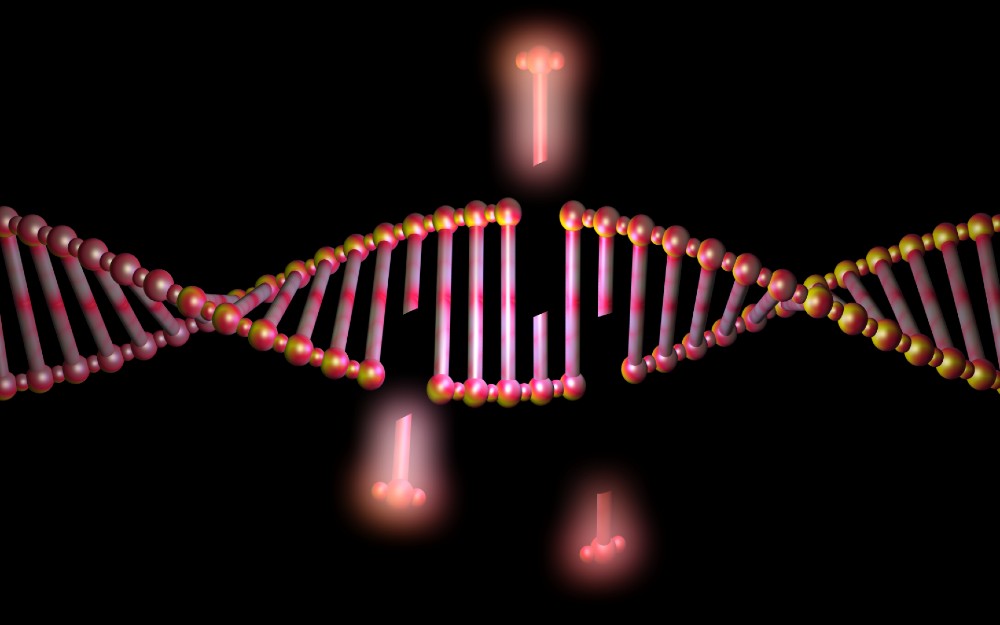Afflictions like Huntington's disease and Friedreich's ataxia cause serious symptoms that disrupt thousands of people's lives. Because these diseases stem from DNA problems, they cannot be prevented and have proven difficult to study and treat.
Our researchers are fighting back by finding ways to test potential treatments for these neurodegenerative diseases, in the hopes of identifying existing drugs that could help and evaluating new therapies.

Huntington's disease is one of the most devastating inherited neurodegenerative diseases caused by DNA repeat sequence expansion. Huntington's has symptoms such as a lack of coordination, unsteady gait, uncoordinated movement and dementia. Symptoms usually occur at the age of 30-50 years old, and usually prove fatal in 15-20 years.
About 5 to 10 people in 100,000 develop the disease. Due to the inherited expanded DNA repeat sequence in the patients' genome, there is no cure. The currently available treatment can only relieve some symptoms, and must be in conjunction with intensive full-time care, especially at later stages.
Our work aims to produce therapies and platforms that could help provide effective and affordable treatments by directly targeting the expanded DNA, the root cause of the disease. In addition, our group has developed a DNA modification landscape assay, which could identify biomarkers for judging the effectiveness of new treatments for Huntington's and similar diseases.
To learn more about specific research projects in these areas, visit the website of Dr. Yuan Liu.
Support Our Efforts
Donations to the Huntington's Disease Research Project will be used for research purposes and may be used to purchase necessary equipment, material supplies, travel expenses and personnel to continue this work.
If you would like to contribute to this project, you may give to support our Huntington's Disease research.